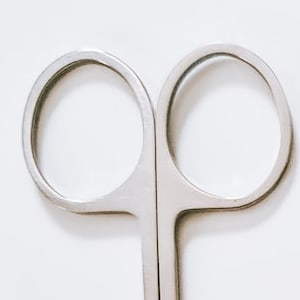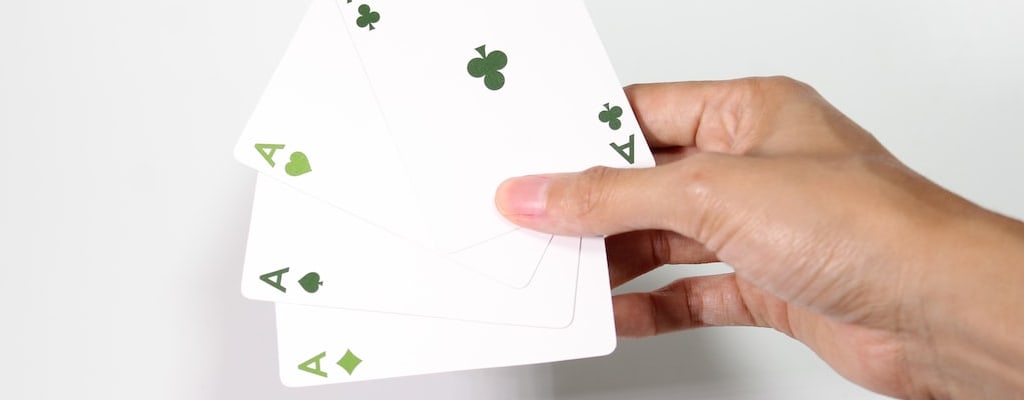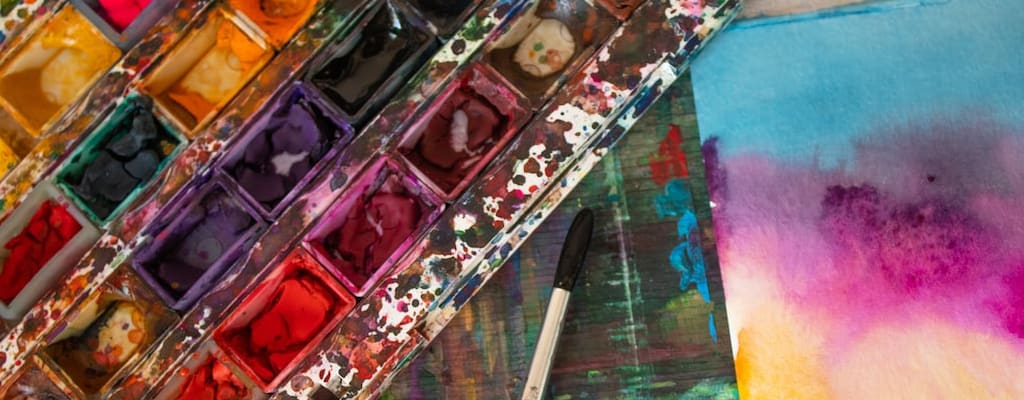brush up: Idiom Meaning and Origin
What does ‘brush up’ mean?
The idiom "brush up" means to review or practice something in order to improve one's knowledge or skills in that area.

Idiom Explorer
An idiom meaning to improve one's skills or performance in order to achieve better results or compete at a higher level.
The idiom "keep up" means to maintain the same level or pace, or to continue at a sufficient rate. It can refer to staying informed or being able to match or compete with others.
The idiom "hit it up" means to begin or start something, often with enthusiasm or energy.
The idiom "hit it up" is a popular phrase in American English. It is commonly used in informal contexts and can have multiple meanings depending on the context.
The idiom "go over" means to review or examine something thoroughly to ensure understanding or accuracy.
The idiom "give someone the brush-off" means to dismiss or reject someone in an abrupt or unceremonious manner, usually through indifference or rudeness.
The idiom "give someone the brush-off" is a commonly used phrase in American English. It describes a situation where a person rejects or dismisses someone in a rude or abrupt manner. It implies a lack of interest or desire to engage with the person being brushed off.
The idiom "get to grips with" means to become familiar with or understand something difficult or challenging. It implies taking control and actively engaging with the subject matter in order to overcome any obstacles or difficulties.
The idiom "down to a fine art" means to have perfected or mastered a particular skill or activity to a very high level of expertise.
The idiom "cut one's teeth" means to gain initial experience or develop foundational skills in a particular field or activity. It comes from the literal act of a baby cutting their first teeth, which is a milestone indicating growth and development.
The idiom "crash course" refers to an intensive and brief period of learning or instruction in a particular subject.
Hidden Gems of "Brush Up"
Brush up is an idiomatic expression commonly used in the English language. It means to refresh or improve one's knowledge or skills in a particular subject or area. The phrase is believed to have originated in the late 1800s or early 1900s. It may have come from the practice of "brushing up" one's clothes or appearance to look more presentable or refined.
Modern usage of the phrase often refers to reviewing or revisiting rusty or less proficient knowledge or skills. People frequently use it in educational or professional settings to enhance their understanding or competence in a specific area.
The idiom "brush up" can also be used figuratively to convey the idea of improving personal qualities or behavior. This includes manners, social skills, or etiquette. It can also mean tidying up or organizing something to make it more presentable or appealing, such as "brushing up" a speech or presentation before delivering it publicly.
Furthermore, the phrase is often used in the imperative form as an exhortation to others, such as "brush up on your math skills" or "brush up on your language proficiency." It carries an underlying message of encouragement and motivation to continually learn and grow.
Another related idiom is "brush down." This expression is often used to mean calming someone down or settling a situation. It suggests the act of gentle brushing to smooth out any tensions or difficulties. For example, if there is an argument between friends, one might say, "Let's brush down and talk about it calmly."
Next, we have the idiom "step up one's game." This phrase means to improve one's performance or increase effort in order to achieve better results. It is often used in competitive or professional contexts to encourage someone to put in more effort or become more skilled. For example, a coach might tell their team, "We need to step up our game if we want to win this championship."
The final related idiom is "brush by." This expression describes when someone or something passes very close to someone or something else without stopping or making contact. It can be used literally to describe a physical action, such as when two people narrowly avoid colliding on the street. It can also be used figuratively to describe a situation where something happens quickly or briefly, without making a significant impact. For example, if a person narrowly avoids being hit by a car, they might say, "I felt the car brush by me."
The idiom "brush up" is commonly used to mean refreshing or improving one's knowledge or skills. It originated in the late 1800s or early 1900s and has evolved to encompass various contexts and applications. It can also be used figuratively to improve personal qualities or behavior, tidy up something, or convey encouragement and motivation. Additionally, the related idioms "brush down," "step up one's game," and "brush by" have their own distinct meanings and usage. Learning and using idiomatic expressions like these adds depth and richness to the English language.
Example usage
Examples of how the idiom "brush up" can be used in a sentence:
- He needs to brush up on his French before his trip to Paris.
- I used the weekend to brush up on my coding skills.
- She decided to brush up on her math knowledge to prepare for the exam.
More "Refinement" idioms
We missed the mark - nothing found.

